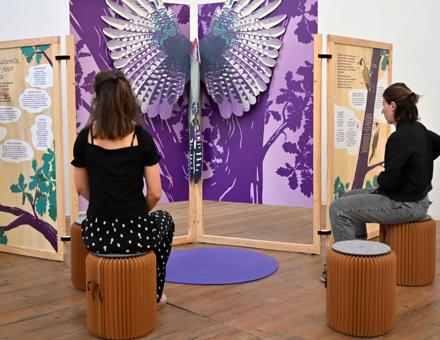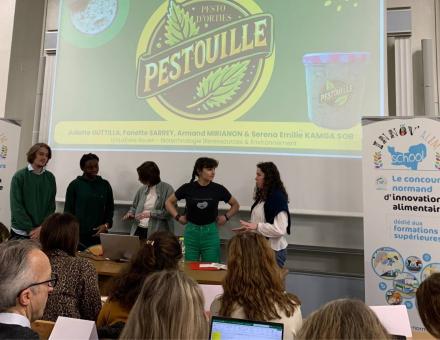As COP 26 comes to a close, science is scripting the future
The interim report from the World Meteorological Organization, the United Nations' authoritative body on weather, climate and water issues, was released to the public at the opening of COP 26.
The report reveals that the last 7 years are the warmest on record, i.e. since the pre-industrial era in the second half of the 19th century. If the phenomenon of global warming is no longer controversial, the same cannot be said for its consequences on ecosystems and human societies.
From the increase in extreme weather phenomena to mass migrations due to the hunger or water crisis, science is trying to anticipate scenarios that mobilize almost all current disciplines, because never has the notion of the butterfly effect or connected ecosystems seemed so concrete as in recent years. Thus, if global warming is essentially due to the excessive release of greenhouse gases into the atmosphere, largely in connection with human activities over the past two centuries, all actions limiting these releases, or even reducing current concentrations, must be considered.
How does UniLaSalle contribute through its educational and research programmes to the fight against climate change?
UniLaSalle, which has placed the Sustainable Development Goals (SDGs) at the center of its educational and research policy, encourages scientific reflection and the implementation of research programmes on its 4 campuses which help to transform our societies towards greater adaptability.
This strategy aims as much at imagining innovations for the sectors, territories and civil society as it does at raising awareness and training our 4,000 engineering students by giving them the benefit of the latest scientific advances for a global understanding of the challenges that await them.
Limiting greenhouse gas emissions (GHG) is envisaged at UniLaSalle by developing innovative and sustainable solutions for storing and saving energy and resources.
This may involve supporting the agro-ecological approach by preserving biodiversity and restoring the soil's capacity to regulate gas flows and its ability to retain carbon, or even sustainably replacing plastic materials with biosourced materials with a low carbon footprint.
It may also involve recycling and enhancing urban resources, increasing access to terrestrial renewable energies, adapting or rethinking food systems and their transformation, or adopting socio-economic agricultural models adapted to the economy of inputs and natural resources of the feeding ecosystems.
Thus, it is by cultivating multidisciplinarity and proposing responses on several fronts that UniLaSalle's research contributes to understanding and opening up perspectives as of now, to mitigate climate change.
Let us welcome COP 26 as a new opportunity to act and to put good will and technology into action, because solutions are constantly emerging and if it is up to Science to alert, it is also up to it to make it known that alternatives exist and that if they do not exist today, it is together that we will build them tomorrow.






